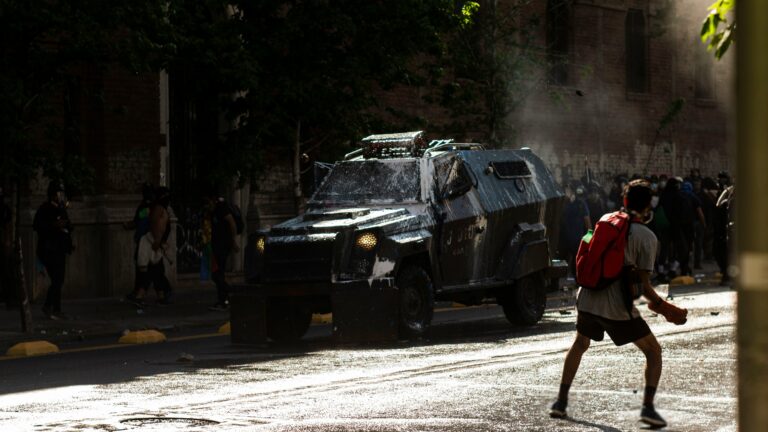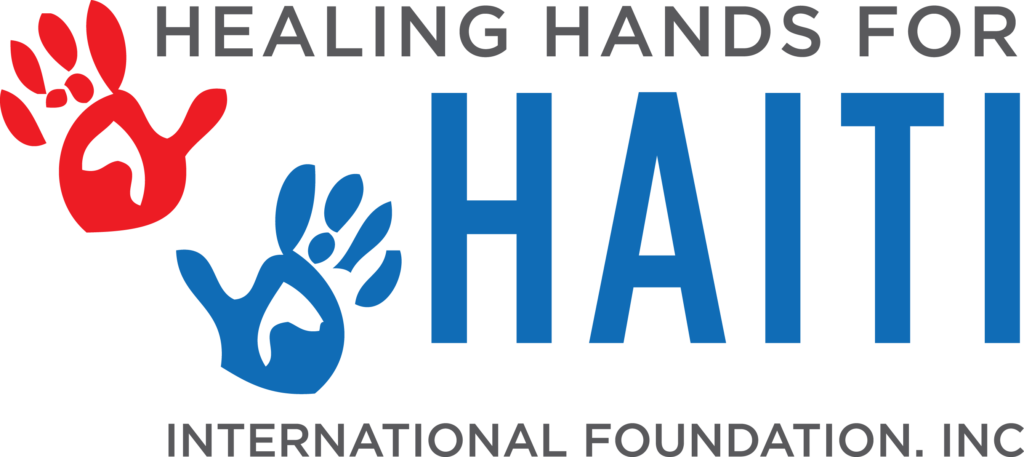
Since the devastating 2010 earthquake, Haiti has faced a relentless series of crises—including political instability, natural disasters, gang violence, and economic collapse. Recent political turmoil and armed gangs in Port-au-Prince and surrounding cities have brought new heights of fear and violence to our island nation and increased vulnerability for individuals with disabilities.
The Current Situation in Port-au-Prince
While all of Haiti has seen an increase in violence and chaos in recent months, Port-au-Prince has been the focal point, with gangs now in control of 85% of the city. Residents have been forced to flee, leaving everything behind. According to Save the Children, over 78,500 people were displaced in Port-au-Prince within the first three months of 2025.
After a visit to Port-au-Prince, the UN human rights commissioner’s expert on Haiti was quoted saying, “There is no safe way to enter or leave the capital except by helicopter. Gangs are invading previously safe neighborhoods, killing, raping, and burning houses, businesses, churches, and schools.”
A transitional presidential council has been put in place, and a UN-backed security mission of officers from Kenya has been deployed to assist in pushing gangs back, but the situation remains uncertain, and additional cities are still falling to gangs as a result of coordinated attacks.
In response to the growing gang activity, thousands have taken to the streets to protest the government’s seeming inaction. Unfortunately, the protests have added to the violence with reports of attacks on police officers and government buildings.
Prior to 2024, Haitians were already experiencing dire levels of hunger, but the food crisis has intensified under the current conditions. In February 2025, World Food Programme reported that 44% of Haitians, over 5 million people, were facing severe food insecurity and struggling to feed their families. Gangs now control main highways in Port-au-Prince and often ambush vehicles transporting food or require drivers to pay fees in order to pass.
Haitians across the city are left paralyzed in fear, unable to send their kids to school, access medical care, or go about daily life.
How this Affects Healing Hands for Haiti
Our clinic is located within the remaining 15% of Port-au-Prince that is not controlled by gangs. This area is heavily guarded by neighborhood patrols, and barriers have been set up to further protect the area.The heightened security has allowed Healing Hands for Haiti to continue offering services to disabled patients who are able to find safe methods of travel to the clinic.
In recent years and months, foreign aid and personnel have dwindled as security risks have increased. Some of our team members have even experienced firsthand the fear and heartache that comes with losing their homes to armed gangs. But we are still here providing support and care for our fellow Haitians with disabilities.
Why Support Matters Now More Than Ever
The need for rehabilitation and care is increasing every day. With gang activity comes an increase in gun violence, the main cause of spinal cord injuries in Haiti since the earthquake of January 2010. This means our community needs our expertise more and more each day the unrest continues.
We also need your support in making sure Haitians already coping with physical limitations are not denied the care they need. Coordinated attacks from gangs across the city have required many local hospitals and clinics to evacuate and close their doors, and Doctors Without Borders has been forced to withdraw from their Turgeau Emergency Center. Necessary medical care is being suspended throughout the city.
Remaining medical facilities are overwhelmed because of widespread closures, and we need support to ensure we are prepared to provide essential care for the disabled community.
How You Can Help
Please support Healing Hands for Haiti today. We are determined to continue offering services even during these times of extreme unrest. Our people are suffering greatly, and your donations empower us to provide care and training and get the equipment needed for our rehabilitation efforts to continue.
Even just sharing this post can help save and improve lives.
Contribute today:
-
- Share this post
